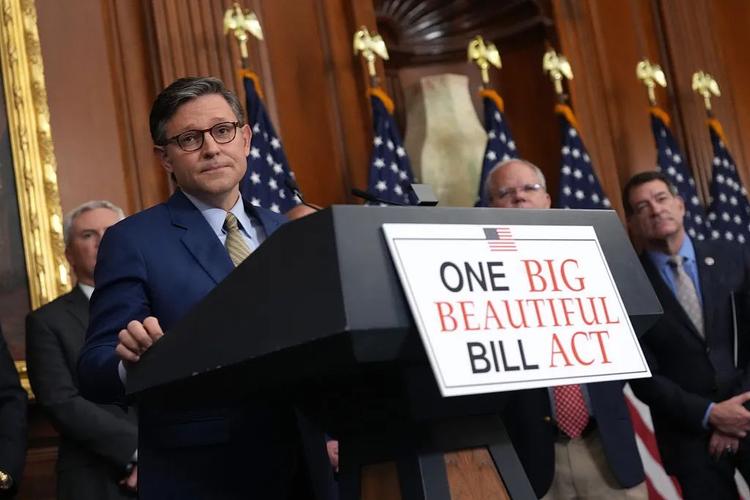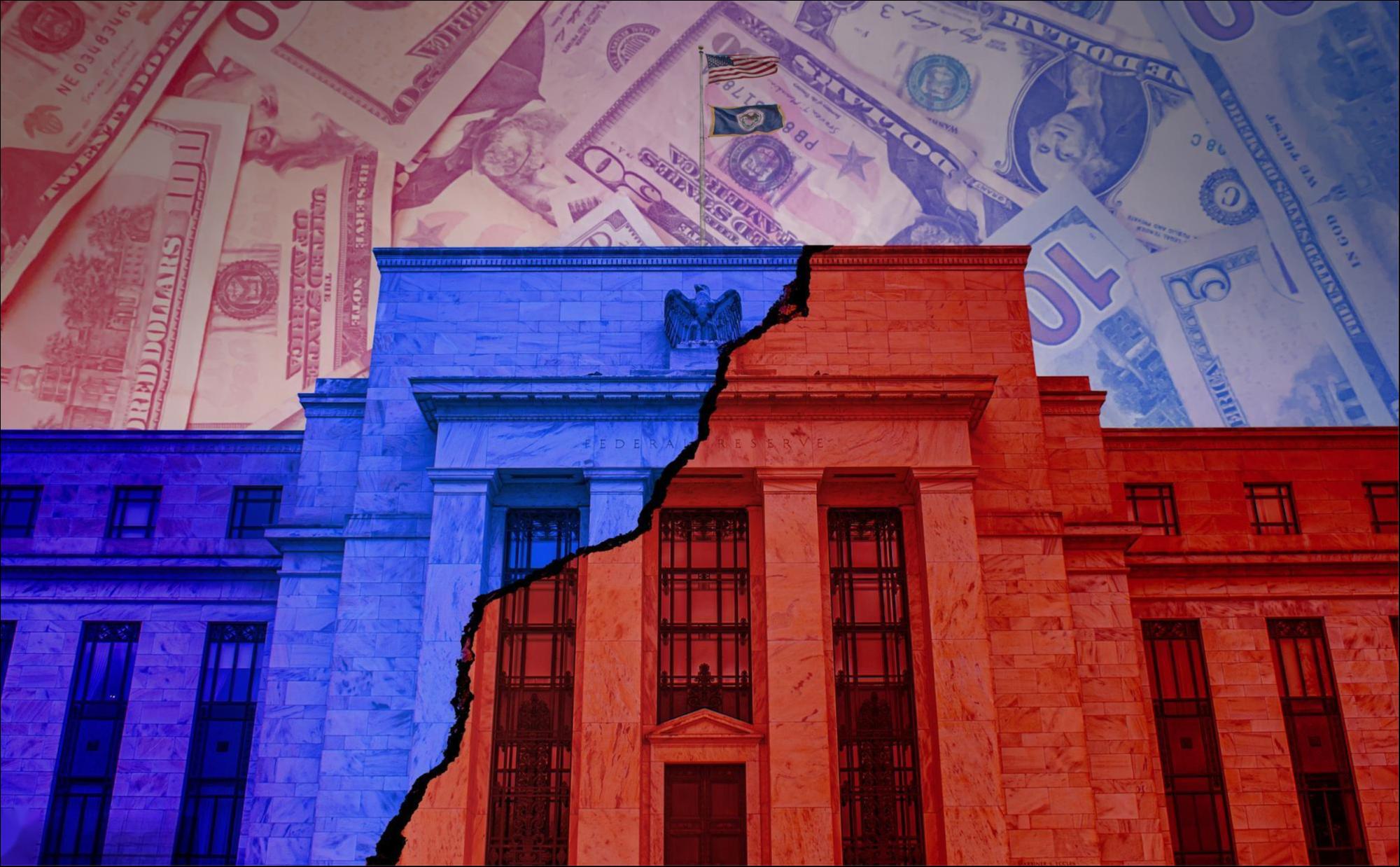
Recently, the US House of Representatives passed the "Big and Beautiful" bill strongly promoted by Trump through a procedural vote, which has drawn high attention from the global financial market. Although this bill seems to bring about a temporary economic stimulus, the debt crisis and financial risks hidden behind it may have a profound negative impact on the US and even the global economy.
The core of the "Big and Beautiful" bill lies in continuing and deepening the tax reduction policy while adjusting the structure of government spending. In terms of taxation, extending the tax reduction measures for enterprises and individuals in 2017, and even exempting tips and overtime pay income from taxation, undoubtedly reduces the burden on enterprises and individuals. In the short term, it can stimulate consumption and investment and drive economic growth. From the perspective of expenditure, the increase in military and border security investment, while cutting spending on health insurance and nutrition assistance programs, reflects the strategic adjustment of the US government's resource allocation. However, the direct consequence of such adjustments, especially large-scale tax cuts, is a further increase in the debt level of the US federal government.
The Congressional Budget Office of the United States has calculated that the new tax reform may increase the federal debt by approximately 3.3 trillion US dollars over the next decade. If interest expenses are included, the scale could approach 4 trillion US dollars. The current national debt of the United States has reached as high as 36.2 trillion US dollars. With such a huge debt scale constantly growing, the fiscal credit of the United States is in jeopardy. Moody's, the rating agency, has downgraded the credit rating of the United States, which is a direct response to the continuous deterioration of the country's fiscal indicators.
The market also keenly sensed this risk, and the US dollar index plunged significantly after the news of the bill's passage was released. As the world's major reserve currency, the depreciation of the US dollar will trigger a series of chain reactions. On the one hand, investors holding US dollar assets are facing the risk of asset shrinkage, which prompts them to readjust their asset allocation. Capital flows out of the US market, leading to a tight capital situation in the US financial market and affecting the financing and development of enterprises. On the other hand, the depreciation of the US dollar will cause fluctuations in the prices of commodities denominated in US dollars, such as crude oil and gold, increasing global inflationary pressure and disrupting the international trade order.
For the economic structure of the United States itself, the "Big and Beautiful" bill has dealt a blow to the green technology and renewable energy industries. Cutting tax support for new energy projects and tightening subsidy conditions for wind power and solar energy equipment is not conducive to the United States gaining an advantage in the global green energy transition and runs counter to the global sustainable development trend. In the long run, this will weaken the sustainable development capacity of the US economy and put the United States at a disadvantage in the future global green economy competition.
From an international perspective, as the world's largest economy, the United States has a strong spillover effect on its fiscal policy. The "Big and Beautiful" bill has exacerbated the uncertainty in the global financial market. Investors' risk appetite has declined, and funds are more inclined to flow into safe assets. Emerging market countries will face risks such as capital outflows, currency devaluation, and financial market turmoil.
The short-term economic stimulus brought by the "Big and Beautiful" act in the United States is like drinking poison to quench thirst. While enjoying the brief pleasure brought by tax cuts, the US government and its people have to confront the increasingly heavy debt burden and the risk of financial market instability. The international community should also pay close attention and jointly address the possible global financial challenges.

Recently, US Treasury Secretary Mnuchin publicly stated that the selection process for the next chair of the Federal Reserve has been initiated.
Recently, US Treasury Secretary Mnuchin publicly stated tha…
At the dawn of 2026, the United States launched a military …
From the stiff step when it first debuted in 2022 to demons…
"On the early morning of January3,2026, the United States l…
"We absolutely need Greenland," Trump's straightforward sta…
On January 3rd, the US Special Forces launched a surprise a…